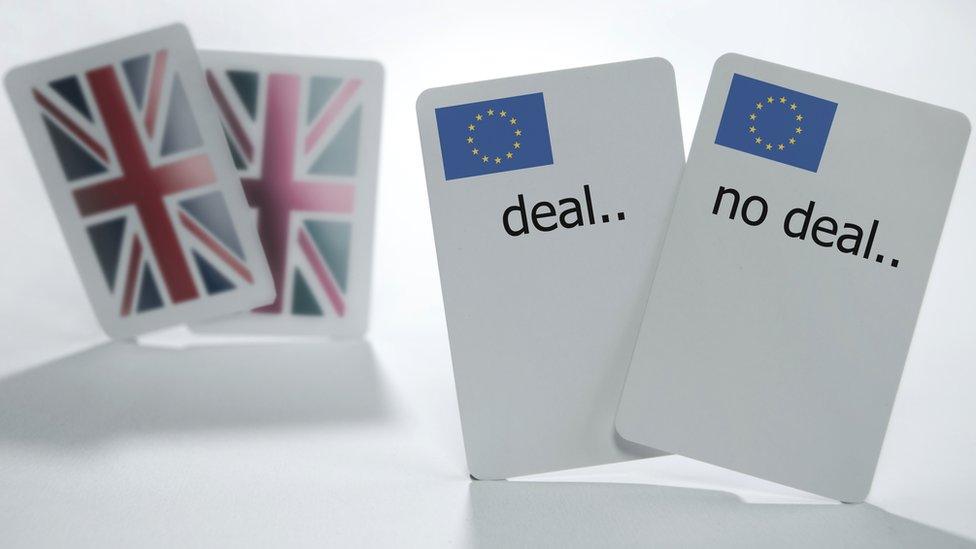No-deal Brexit: DAERA responds to Yellowhammer warning
- Published
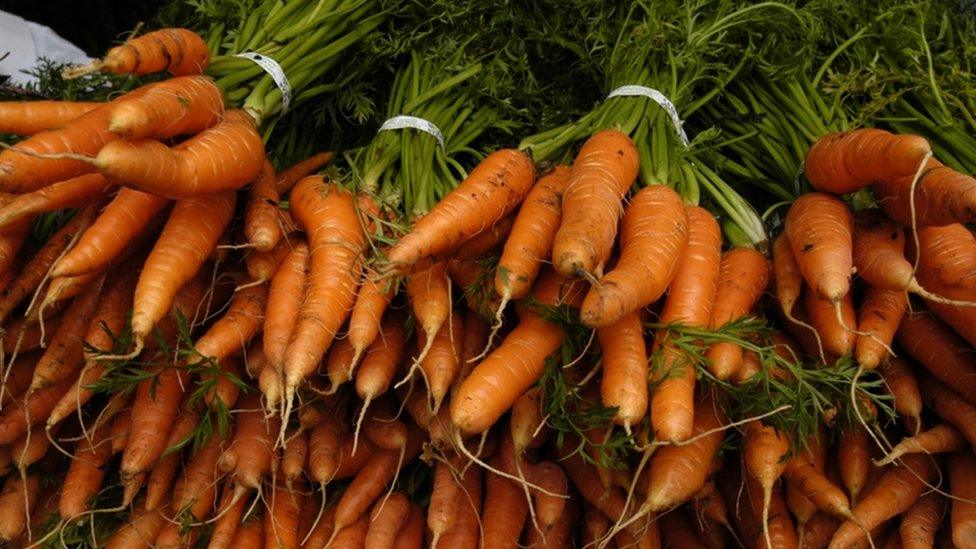
No-deal forecasts warn Northern Ireland's agri-food sector could be badly hit
The future of NI's agri-food sector is hopefully not as "grim" as outlined in the government's Yellowhammer document, external, a senior civil servant has said.
Different sectors would be affected in different ways, said Derek Williamson, who leads Brexit contingency planning for the Department of Agriculture Environment and Rural Affairs (DAERA).
DAERA has said not all firms would be able to comply with EU trading rules.
The department contributed to the government's no-deal Brexit assessment.
The five-page Operation Yellowhammer paper says Northern Ireland's agri-food sector could be badly hit, with some firms forced to stop trading and others struggling to cope with the impact of tariffs.
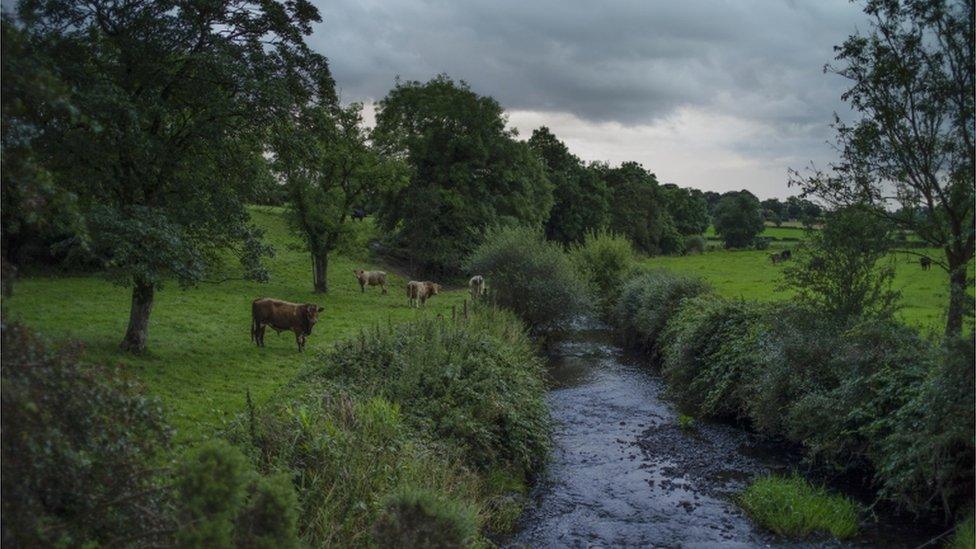
Derek Williamson says the number of vets' certificates required after Brexit is still being worked on
But the report was a worst-case scenario, said Mr Williamson, and he hoped it would not be as grim as suggested.
It has been estimated that up to 1.9m trade certificates signed by vets could be needed if current patterns of EU trade were to continue.
Mr Williamson said the issue of how many certificates would be needed and the number of vets required to sign them was being worked on.
He was attending an event in Ballymena advising the agri-food industry on the implications of a no-deal Brexit.
- Published11 September 2019
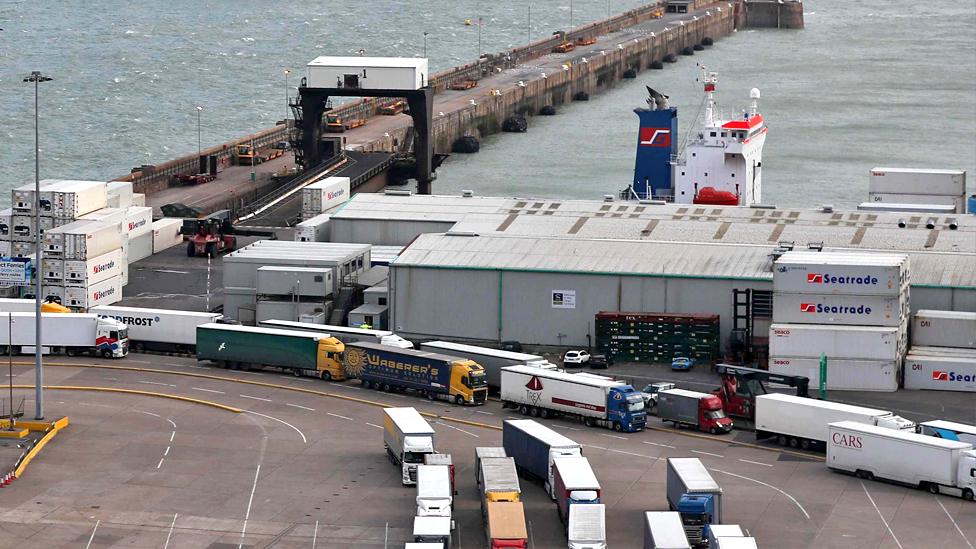
- Published6 September 2019
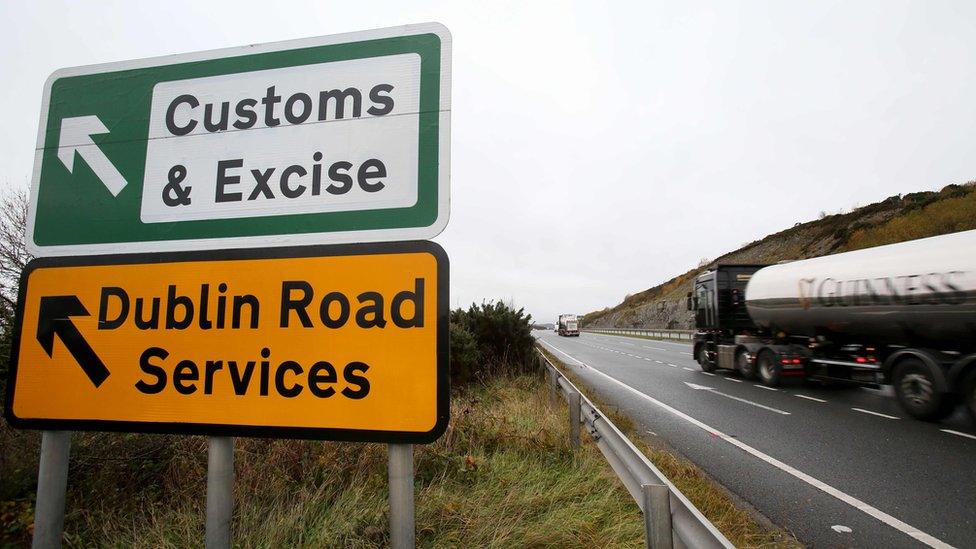
- Published4 September 2019
